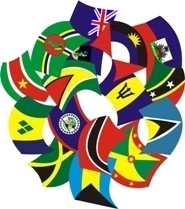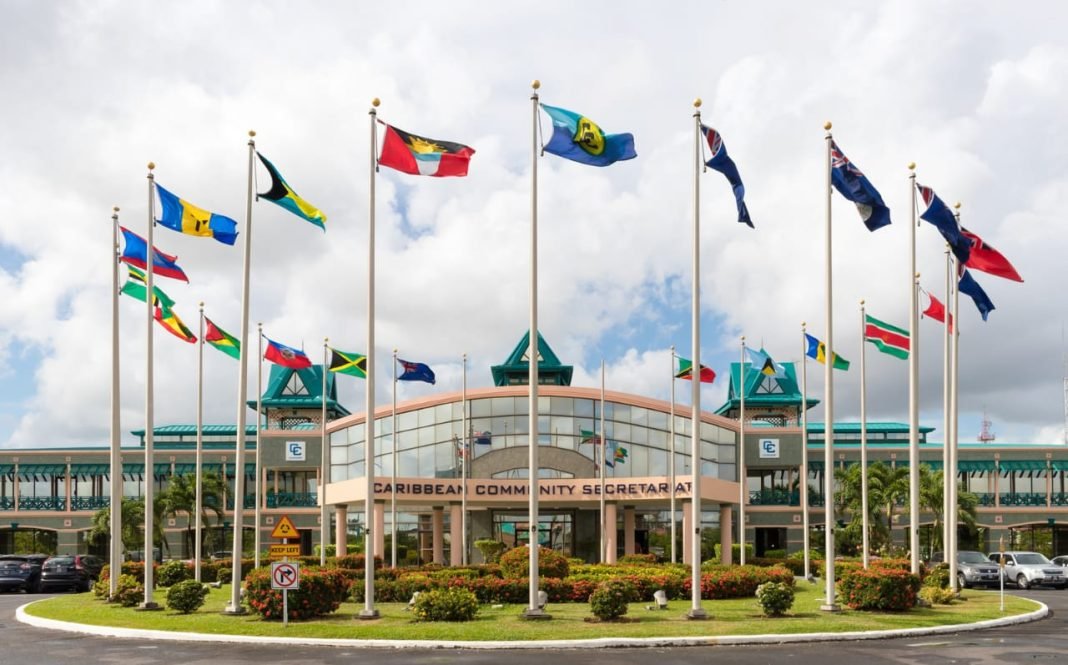Regional integration in the Caribbean has always had an implicit security dimension. It has been driven by small state perceptions of their political and economic vulnerability vis-à-vis the external environment and the need for collective responses. Since 1973, a number of institutions have evolved to provide responses in the form of regular consultations and declaratory diplomacy, harmonized approaches to national security, dispute settlement and conflict management initiatives, often undertaken in collaboration with other multilateral organizations like the Organization of American States (OAS). Nonetheless, from the Grenadian Revolution (1979 – 1983) to the Haitian Crisis of 2006, CARICOM has struggled to reach consensus positions, undertake effective joint action and maintain its credibility in the face of certain regional security issues. This paper will draw on Kirchner’s conceptual framework of security governance to discuss and assess CARICOM’s role in this area of regional cooperation.
Saturday, January 24, 2026



